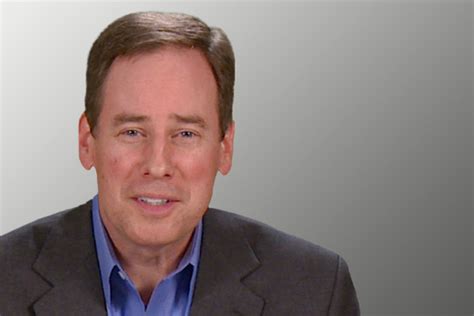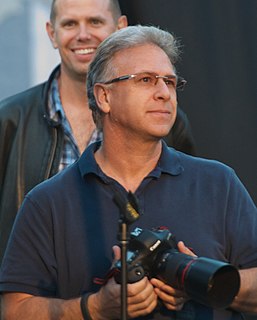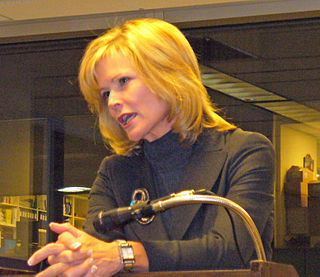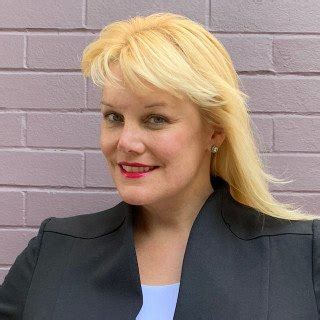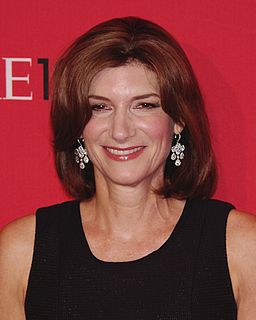A Quote by Eben Moglen
Can a one judge sitting somewhere in a trial court issue an order that says nobody in the world is allowed to have, to use, to improve or to develop software for playing multimedia content without the permission of the manufacturers of the content themselves? .. This is an astonishing development in the course of our understanding of what we call the copyright bargain, the relationship between authors' rights, publishers' leverages and consumers' needs.
Quote Topics
Allowed
Astonishing
Authors
Bargain
Between
Call
Consumers
Content
Copyright
Course
Court
Develop
Development
Improve
Issue
Judge
Manufacturers
Multimedia
Needs
Nobody
Order
Our
Permission
Playing
Publishers
Relationship
Rights
Says
Sitting
Software
Somewhere
Themselves
Trial
Understanding
Use
Without
World
Related Quotes
We live in a world with "free" content, and this freedom is not an imperfection. We listen to the radio without paying for the songs we hear; we hear friends humming tunes that they have not licensed. We tell jokes that reference movie plots without the permission of the directors. We read our children books, borrowed from a library, without paying the original copyright holder for the performance rights.
What we're doing with the digital permissions that we have for Xbox One is no different to that. If I am playing on that disc, which is installed to the hard drive on my Xbox One, everybody in my household who has permission to use my Xbox One can use that piece of content. So I can give that piece of content to my son and he can play it on the same system.
Testing by itself does not improve software quality. Test results are an indicator of quality, but in and of themselves, they don't improve it. Trying to improve software quality by increasing the amount of testing is like trying to lose weight by weighing yourself more often. What you eat before you step onto the scale determines how much you will weigh, and the software development techniques you use determine how many errors testing will find. If you want to lose weight, don't buy a new scale; change your diet. If you want to improve your software, don't test more; develop better.
I believe that online paid content hasn't worked for general circulation newspapers because consumers weren't ready for it, because the implementation did not deliver enough value, because content was typically the same as in the print version, and because much of the material was being syndicted by the papers to other publishers or was not protected with DRM technologies to exclude use by others.
I named my software 'EMAIL,' (a term never used before in the English language), and I even received the first U.S. Copyright for that software, officially recognizing me as The Inventor of Email, at a time when Copyright was the only way to recognize software inventions, since the U.S. Supreme Court was not recognizing software patents.
Authors and publishers want fair compensation and a means of protecting content through digital rights management. Vendors and technology companies want new markets for e-book reading devices and other hardware. End-users most of all want a wide range and generous amount of high-quality content for free or at reasonable costs. Like end-users, libraries want quality, quantity, economy, and variety as well as flexible business models.
When I joined Time Inc., one of the things that was important to me was ensuring that our content is where consumers want to read it. The Apple newsstand is an important place where a lot of consumers are. And Apple is really becoming a good partner to publishers. We are confident we can deliver a experience for our readers that 's really good.




